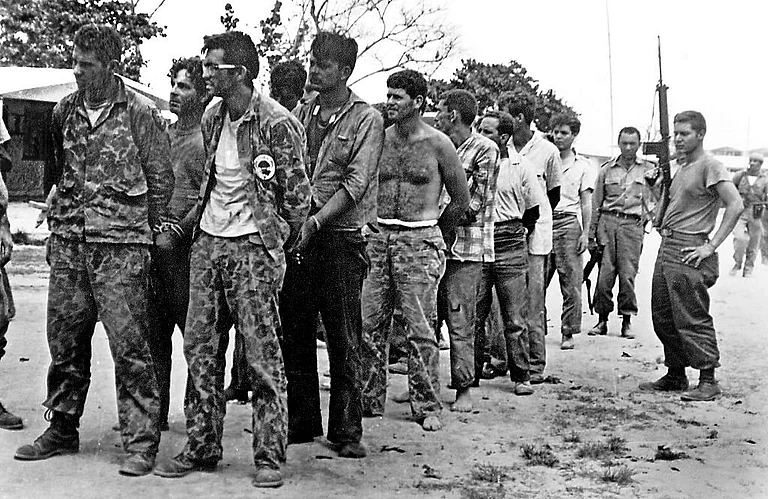Every year on the Fourth of July, Americans across the nation proudly hoist their flags high, marking Independence Day with barbecues, boats, and a celebratory spirit. Beyond the fireworks and festivities lies a deep-rooted history that defines this important national holiday.
"Happy Fourth of July" echoes through neighbourhoods, but alongside this familiar greeting are other intriguing expressions with rich origins. Have you ever wondered about the stories behind phrases like "Have a Yankee Doodle Day" and "Home of the Brave"? Here’s a glimpse into their fascinating backstories.
1. ‘Have A Yankee Doodle Day’
In the 1770s, "Yankee doodle dandy" was a term used to poke fun at American colonists. ‘Yankee’ referred to the colonists, while ‘doodle’ meant a fool. Despite its origins as a mockery, the tune "Yankee Doodle" gained popularity, especially during the Battles of Lexington and Concord. It became a symbol of colonial pride as patriotic colonists celebrated their victories over British soldiers with this catchy melody.
Today, telling someone to "Have a Yankee Doodle Day" is a playful way of encouraging them to enjoy their Independence Day celebrations to the fullest.
2. ‘Happy Birthday, America’
On July 4, 1776, the Second Continental Congress adopted the Declaration of Independence, officially separating the 13 North American colonies from Great Britain. This momentous event marked the birth of the United States of America.
Since then, July 4th has been celebrated annually as America's birthday, with people joyfully proclaiming, "Happy birthday, America!" This year, America commemorates 248 years of independence.
3. ‘Home Of The Brave’
The phrase "Home of the Brave" resonates deeply in "The Star-Spangled Banner," the national anthem of the United States. Francis Scott Key, inspired by the resilience of American soldiers during the War of 1812, penned a poem titled "Defence of Fort McHenry." Witnessing the bombardment of Fort McHenry, Key was moved by the sight of the American flag still standing the next morning. His poem, set to music, became our national anthem in 1931.
The lyrics "home of the brave" pay tribute to the courage of those who defend American ideals. Today, the flag that inspired Key's anthem, known as the Great Garrison Flag, is preserved at the National Museum of American History in Washington, D.C., a testament to the enduring spirit of the nation.




























